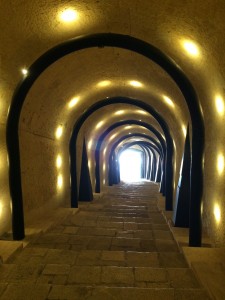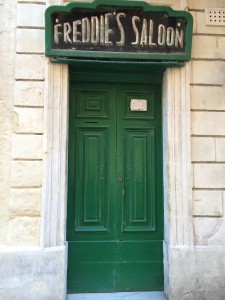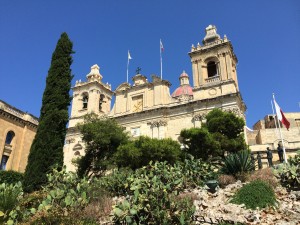Last week I attended the 19th International Conference on Electronic Publishing (ELPUB 2015), which took place at the St James Cavalier Centre for Creativity in Valetta, Malta. The theme of this year’s conference was “Scale, Openness and Trust: New Avenues for Electronic Publishing in the Age of Infinite Collections and Citizen Science”.
The conference attracted over 70 delegates from all over Europe – most of whom were employed in scholarly communications roles in university libraries. The convenient size of the event, combined with the specialisms of the attendees made this a really useful event for me to attend – I was able to gain quite a lot of insight into publication trends in different countries and in particular, progress with the transition towards Open Access. I think Finland might be one to watch on this front – our Finnish colleagues have ambitious plans to become 100% Open Access in the next few years!
The conference featured a particularly interesting opening keynote from Gowan Dawson of the University of Leicester, who introduced the theme of citizen science by reviewing the history of this area with a particular focus on some interesting 19th century publications such as Hardwicke’s Science-Gossip.
Other notable presentations included Gail Feigenbaum’s keynote on the unintended consequences of electronic publication – (which even included salary disparities between editors working with print and electronic at one publishing house) and a fabulous talk from senior staff of the Times of Malta, who discussed the impact that disruptive technologies can have on media such as newspapers. They also talked about the pressures that the likes of Facebook and Google can exert on a small press such as this, and the limited recourse available to them.
My paper focused on the UK’s REF Open Access policies and how this is proving a real game-changer in the rate of adoption of OA in the UK. The full conference paper and my slides are available to download at https://www.era.lib.ed.ac.uk/handle/1842/10553 .
Dominic Tate – University of Edinburgh




Be First to Comment